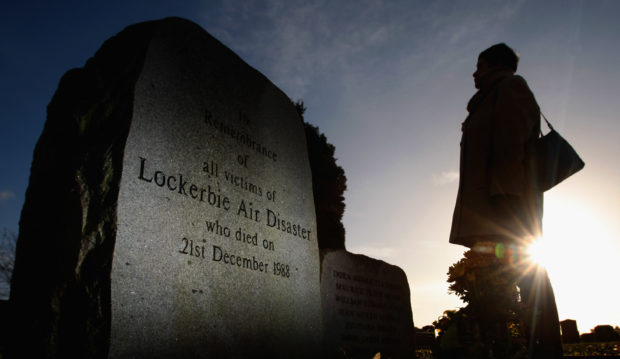Humans are traditionally bad at predicting the future.
I am, after all, still waiting for the jet pack that BBC’s Tomorrow’s World promised me as a child in the late seventies.
It is hard though to escape the profound changes that new technology has had on all of us in recent years.
From how we shop to how we do our banking, to the methods in which we interact with each other or consume media, advances in technology have radically changed our daily lifestyles.
Large technology companies such as Amazon, Google, Apple, Facebook, Airbnb, Uber and Netflix or their competitors have become a dominant presence in our lives.
This digital transformation of society has been fast paced and will remain visibly constant as a range of new technologies are continually introduced that will impact humanity.
The Fourth Industrial Revolution or the Second Machine age, as these changes are known, will usher in technologies such as 3D printing, the Internet of Things, robotics and Artificial Intelligence. Many of these technologies are already in use and indeed we may be interacting with them without our knowledge.
By now the information revolution was meant to have made our working lives easier, better and shorter. The reality is that the internet and connected devices such as smart phones has actually increased real-time working hours for many of us, making it difficult to switch off.
If the rate of technology is actually rapidly increasing, what impact will that have on all of us?
On the other hand, these new technologies will in theory transform our lives for the better, particularly in the area of healthcare where personalised medicine, medical devices and new surgery techniques will help us live longer.
Longer lifespans and better healthcare means that many of us will live longer and potentially work longer. This will have a profound impact on our society, forcing us to rethink our pension systems, our healthcare provision, and indeed what constitutes ‘work’ as a concept.
What is less clear is how these new technologies will impact jobs in the future. Previous work revolutions have been disruptive to society but new jobs were created to replace the ones that ceased to exist.
A debate is raging about whether these Fourth Industrial Revolution technologies will have a negative impact on jobs. Some technologists say that many of the jobs of the future don’t exist yet and that it will increase employment. Others say that the job destruction has already begun, particularly but not exclusively in retail for example.
I may still not have that jet pack but more and more of what was once science fiction, such as flying cars, is now actually in development.
As industries adopt these technologies, many existing workers will need to be retrained or upskilled.
Signs of this are apparent here in the north-east as industries as diverse as tourism, food and beverage and energy are already implementing new systems and seeking to help their staff adapt to a changing landscape.
Whatever the long term impact on the types of jobs that we and the generations after us will be doing, one fact is not up for debate: the skills that industry will need and what our students must learn is changing.
At the same time, the concept of employment is changing, with the younger generations now more likely to choose to work for themselves rather than join an existing company.
In some cases this means being part of the ‘gig’ economy as increasing numbers of coders, designers, marketers and other are doing. Sometimes they will form a team that can create a potentially scale-able new startup company.
To be future-proofed, Scottish graduates will need to be agile, innovative and entrepreneurially minded. They need to be able to work remotely or in teams, they must have the skills to think creatively, to apply critical thinking and through that the ability to ideate for complex problem solving.
Skills that have in the past been referred to as ‘soft skills’ like empathy, emotional intelligence, service orientation and coordinating with people are now identified as critical future skills needs by organisations like the World Economic Forum.
That is why RGU proactively supports and encourages new ways of thinking and the implementation of new ideas. The fundamentals of the fourth industrial revolution – innovation, design thinking, creativity, prototyping and entrepreneurship – are realised though initiatives like the Startup Accelerator programme.
Our knowledge economy will be an innovation economy and as we start a new year and take a step further into the era of technological advances, these ‘meta skills’ are the skills that individuals are uniquely designed to apply whatever the profession or career they choose to seize opportunities in.
Our overall purpose is to drive economic growth and provide long term entrepreneurial opportunities for the area, at a time in which automation is taking over, advances in technology are radically changing and the digital transformation of society will continue to grow at pace.
Gordon McConnell is vice-principal for commercial and regional innovation at Aberdeen’s Robert Gordon University
